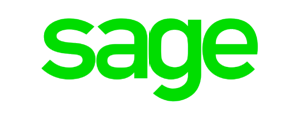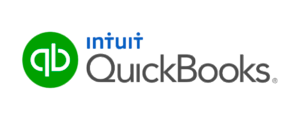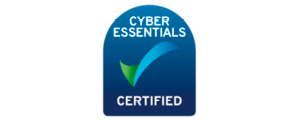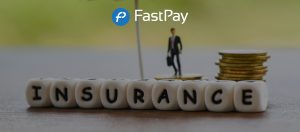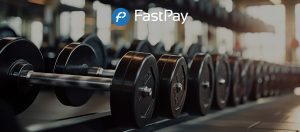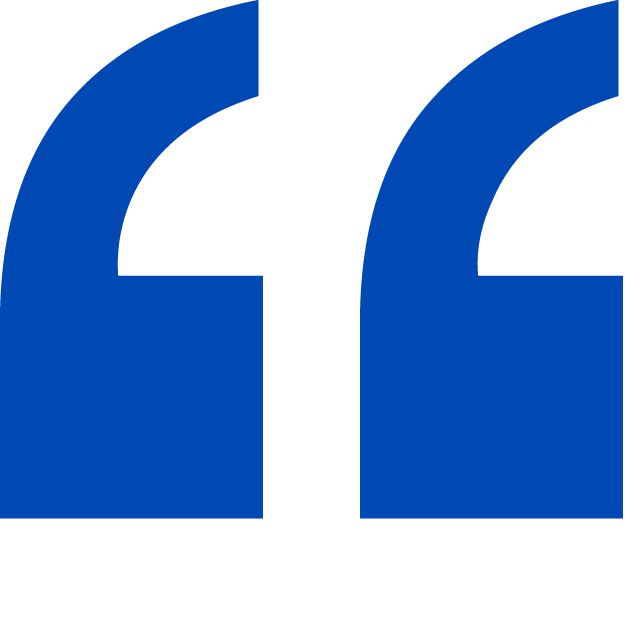In a bid to become one of the most digitally advanced tax administrations, HMRC introduced the first phase of Making Tax Digital (MTD) in April 2019, with businesses who have a taxable turnover above the VAT threshold of £85,000 required to complete their tax forms digitally.
As of April 2022, VAT registered businesses of all sizes must comply with the new Making Tax Digital scheme.
Stay up to date and in the know with the FastPay guide to understanding Making Tax Digital.
What is Making Tax Digital?
Making Tax Digital is a HMRC scheme designed to make it simpler for individuals and businesses to submit digital tax returns and records.
With a view to going entirely paperless, ultimately, keeping paper records will no longer comply with tax legislation.
HMRC’s Making Tax Digital will require businesses and individuals to use accounting software to complete their VAT returns. As a result, businesses should be able to better monitor their cash flow and have more time for other aspects of their business.
Digital records that must be retained include:
- Your business name and contact details
- VAT on supplies made and received
- VAT number and details of any schemes used
- Rate of VAT charged on supplies made
- Time of supply (tax point)
- Daily gross takings (DGT) if you use a retail scheme
- Purchases of assets you can reclaim tax on if you use the Flat Rate Scheme
- Documents covering multiple supplies made or received on behalf of your business (by volunteers, third party businesses or employees)
- Value of sales made and total output tax on Gold Accounting Scheme purchases (if applicable)
Making Tax Digital for Landlords and Sole Traders
HMRC’s Making Tax Digital plans have been and will continue to be implemented as part of a phased approach, so it’s vital you know what’s coming next.
Individuals who file income tax Self Assessments for property or business income of more than £10,000 a year, will have to comply with Making Tax Digital as of April 6th 2024.
Whilst it’s not yet compulsory for sole traders and landlords to comply with MTD, you can choose to voluntarily start Making Tax Digital prior to April 2024, through the MTD pilot. HMRC highly recommend this as it means you will be able to get used to the new system and take advantage of the efficiency provided by Making Tax Digital.
Making Tax Digital Software
To comply with Making Tax Digital and allow the plans to truly enhance the accounting side of your business, you will need to invest in MTD compatible accounting software.
Tax authority compatible accounting software:
- Xero
- Zoho
- Bokio
- Intact
- Quickbooks
Some businesses are likely to already have accounting software as part of their business model. This is particularly beneficial, as there are likely to be costs associated with setting up new accounting software, including the cost of training staff to use the software and the cost of the software itself.
The Institute of Chartered Accountants in England and Wales have estimated the cost of the implementation of Making Tax Digital at approximately £1,250, despite the government estimated £70 a year over four years.
Paperless Direct Debit with FastPay
With the introduction of Making Tax Digital, the 24/7 digital economy is becoming more and more prominent for businesses.
FastPay is eager to play a pivotal role in the digital age and already offers paperless direct debit for our customers who have point of sale access to the internet.
Get in touch with the FastPay team by calling 0161 737 5290 and enhance your customer experience by going paperless today!
